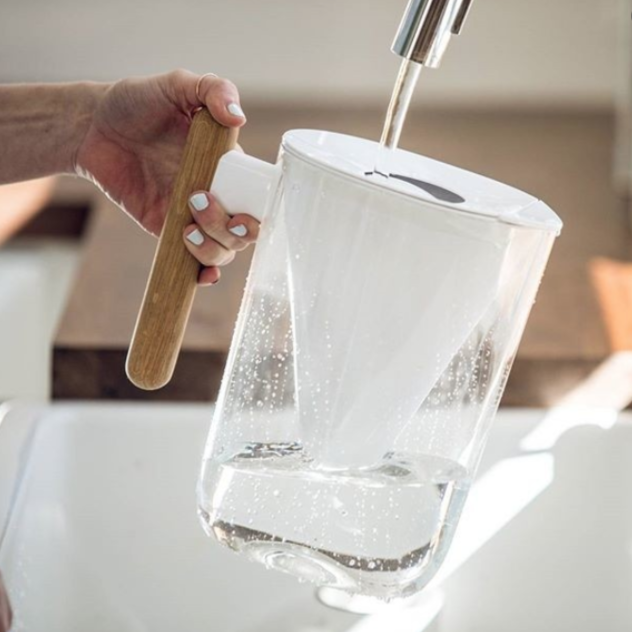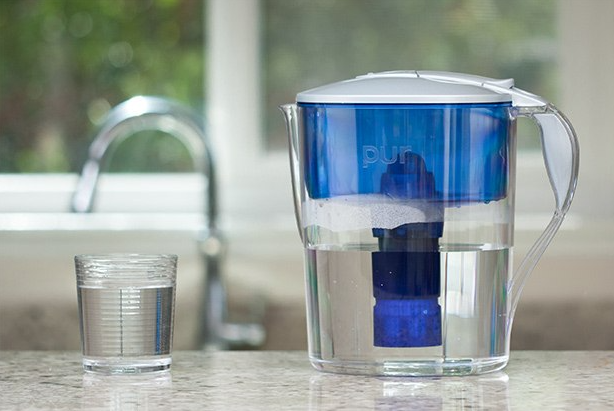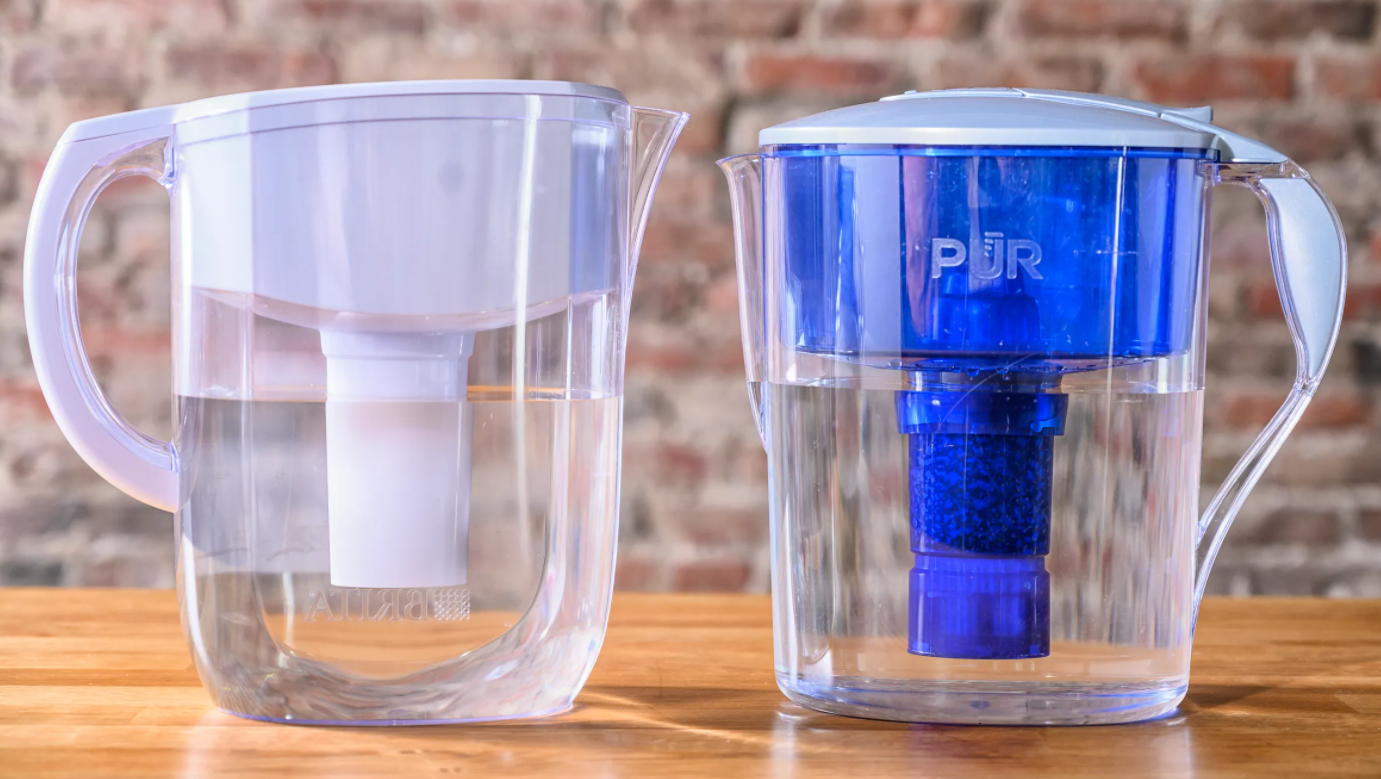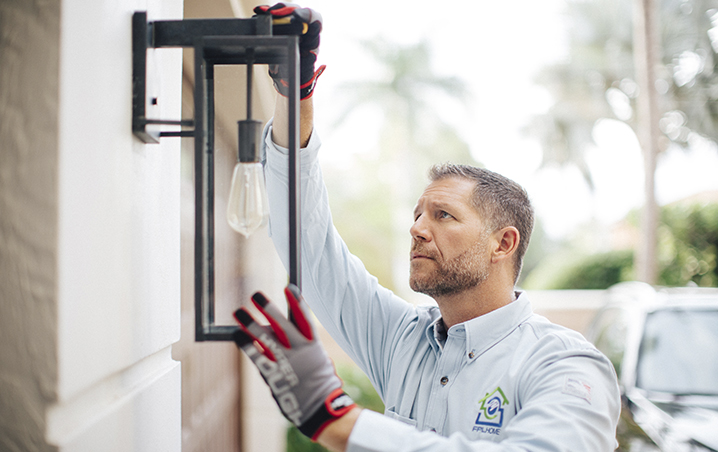Things to Consider When Buying a Water Filter System

If you don’t have a water filter, your family’s health might be at risk. Therefore, installing the right filter system will need significant research.

Photos By: Stock Images
For survival and to perform our everyday tasks, water is essential. Even though water has no flavor or scent, it contains beneficial minerals that the body needs to operate efficiently. Unclean water may induce diarrhea, dysentery, hepatitis A, tuberculosis, and polio in children. Before the water can be considered safe to drink, it must be cleaned of dirt particles and other impurities.
It has long been considered the best practice to boil and cool the water to kill germs and eliminate microorganisms. Today, a water filter cleans the water while retaining vital minerals. Before purchasing a water filter, there are several factors to consider. Learn more about water filters and the methods of selecting the filter that best matches your requirements.
How do Water Filters Work?
Filters operate as a physical barrier, preventing particles such as sand and, on occasion, microorganisms from escaping. The size of the holes in the filter barrier or membrane determines the rate of water flow through it.
Types of Filters
Here are the top 5 water filters currently available.

Reverse Osmosis (RO)
One of the most efficient ways to remove fluoride and other toxic substances from water is to use activated carbon.
Reverse osmosis water filter is trending right now for a good reason: this type of filter is excellent value for money. Filters using reverse osmosis technology are best to eliminate many pollutants, including potentially harmful microorganisms.
Activated Carbon Filters
This is the most frequently used filter to remove toxins from the water. Chemically, carbon bonds with the water are put into the system to remove impurities. As a result, they remove chlorine, which only improves the taste and odor of water. On the other hand, it focuses on removing more dangerous pollutants like mercury and lead.
Ion Exchange Filters
An ion exchange filter consists of a material that can exchange one ion with another when water passes through it. For example, when sodium ions replace calcium or magnesium ions, the water becomes soft.
Mechanical Filters
In most cases, mechanical pre-filters are employed. Waste material is trapped between nylon floss, synthetic foam, or pads in a mechanical filter.
Ultraviolet (UV)Filters
UV filters are an eco-friendly choice for water purification since they use various frequencies of ultraviolet light to remove contaminants.
Choosing the Right Filter
Here are a few facts you need to consider before buying the right water filter.
Removal of Contamination
To ensure that your water is safe, you should install a water filtering system in your home. This is because many pollutants in the water delivered to your home might be harmful to your health.
Impure water may introduce bacteria, cysts, and other microparasites into your system. Another study found that domestic water may include dangerous chemical contaminants associated with obesity, high cholesterol, and hormonal repression. In addition, tap water may include arsenic and lead, linked to cancer.
That is why it is essential to get your water tested by a reputable lab to determine the type of toxins present in it before deciding on a filter. Some filters can remove up to 60 pollutants, while others can only remove 25. Get a filter that eliminates more impurities from your water.
Organic chemicals, chlorine, THMs, and most parasites can be removed via activated carbon filters. However, to remove nitrate, arsenic, and heavy metals from your water, you will need to use UV or reverse-osmosis filtration systems.
Filtration Rate
When purchasing a water filter, most individuals do not give much thought to the filter’s maximum daily filtering rate. However, a savvy buyer should pay attention to it. The maximum filtration rate is the quantity of filtered water that a filter can produce in 24 hours. So, suppose your daily water use exceeds the maximum liters of water generated by your filter. In that case, you may want to consider purchasing a water filtration system. The maximal filtration rate of the filters available on the market varies greatly. Because of this, you must pick one that’s just a little bit larger than your requirement.
Size
Size is important when selecting a water filter. A big filter may last for a long time and enhance your water supply. However, the size of the port controls the pressure and flow rate, so be careful to inspect it before using it.

Flow Rate
Gallons per minute (GPM) is the unit of measurement for water flow. Before you purchase a water filter, make sure you check the manufacturer’s standards for water dispensers. Then, consult an expert who can help you calculate the proper flow rate for your household based on the size of your family, the number of appliances, and the flow rate of each one.
Water Quality
Your water filter should do more than eliminate pollutants. Maintaining optimum pH balance while conserving natural minerals beneficial to your health is part of this process. If you are looking for water that’s free of contaminants, reverse osmosis filters may be your best bet. As many undesired contaminants are removed, essential minerals are removed from the body too. Natural minerals including calcium, magnesium, sodium, iron, and fluoride are removed from the water. Insufficient intake of these minerals may cause gastrointestinal disorders, bone density concerns, joint problems, and cardiovascular disease.
Installation and Operating Cost
If you are on a tight budget, you will have to choose a water filter according to your budget. How many stages of water filtration are used and how quickly they remove impurities are only some of the variables that influence filter cost. In the same way, if a filter contains a remineralization cartridge, it will cost you extra money.
In addition to the initial expense, having a filter incurs extra cost. Make sure you know how much it will cost you to replace your cartridges. Calculate the amount of power your filter consumes. ” Make sure to keep in mind that filters may look pricey at first, but in the long run, they might save you money.
NSF Certification
NSF (National Sanitation Foundation) certification is required for each whole-house filter that you purchase. In addition, NSF is authorized by the American National Requirements Institute (ANSI) to ensure that all of its water filtration solutions meet the highest standards.
Whole-house filters employ Polypropylene cartridges, which are designed to withstand extensive usage. NSF only certifies polypropylene that the FDA has authorized. This implies that the filters will be of higher quality and perform better.
Conclusion
If you do not have a water filter, your family’s health is compromised. As a result, installing one will need significant investigation. In addition, choosing a water filter based only on its ability to purify and sanitize your drinking water might have you regretting your decision in the future.






